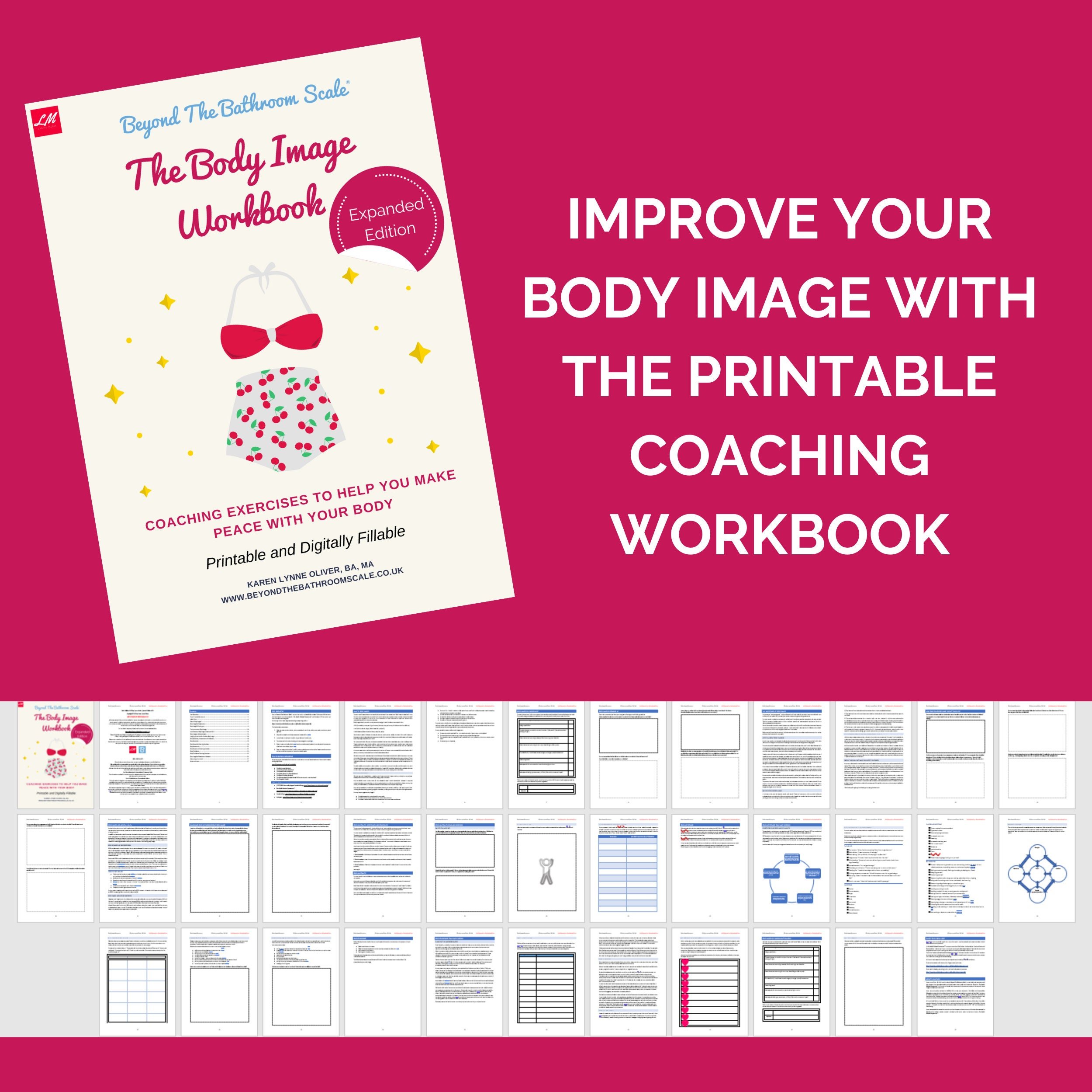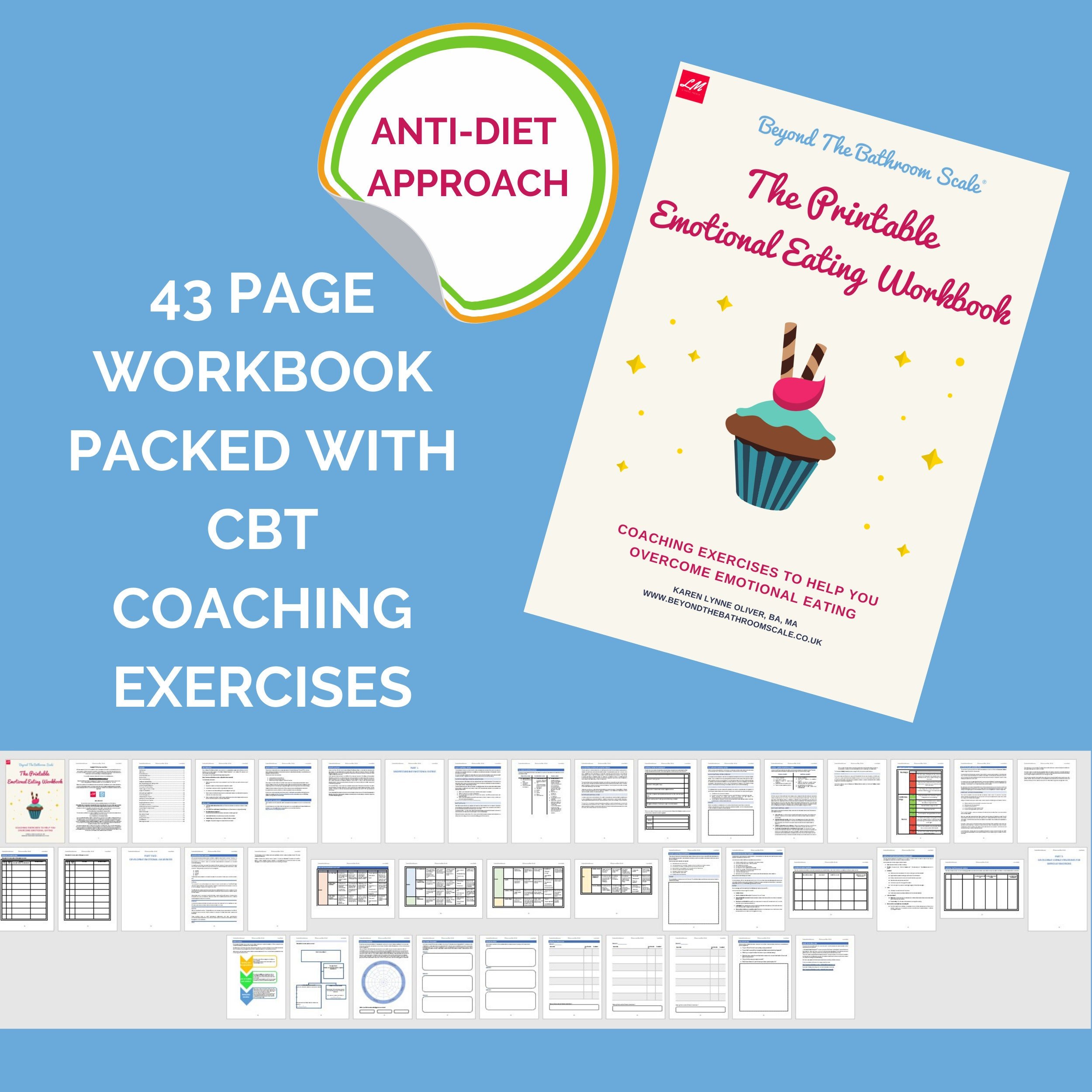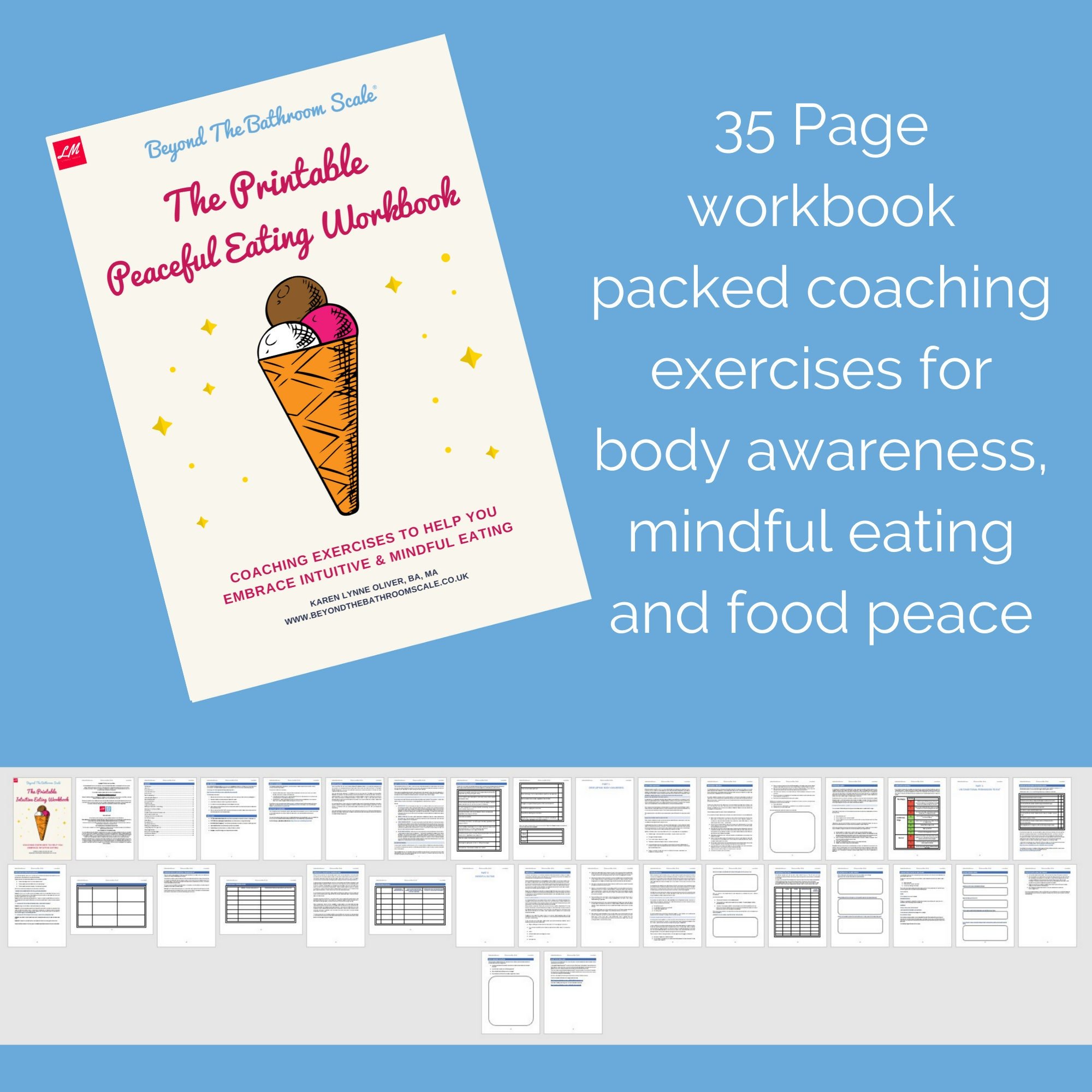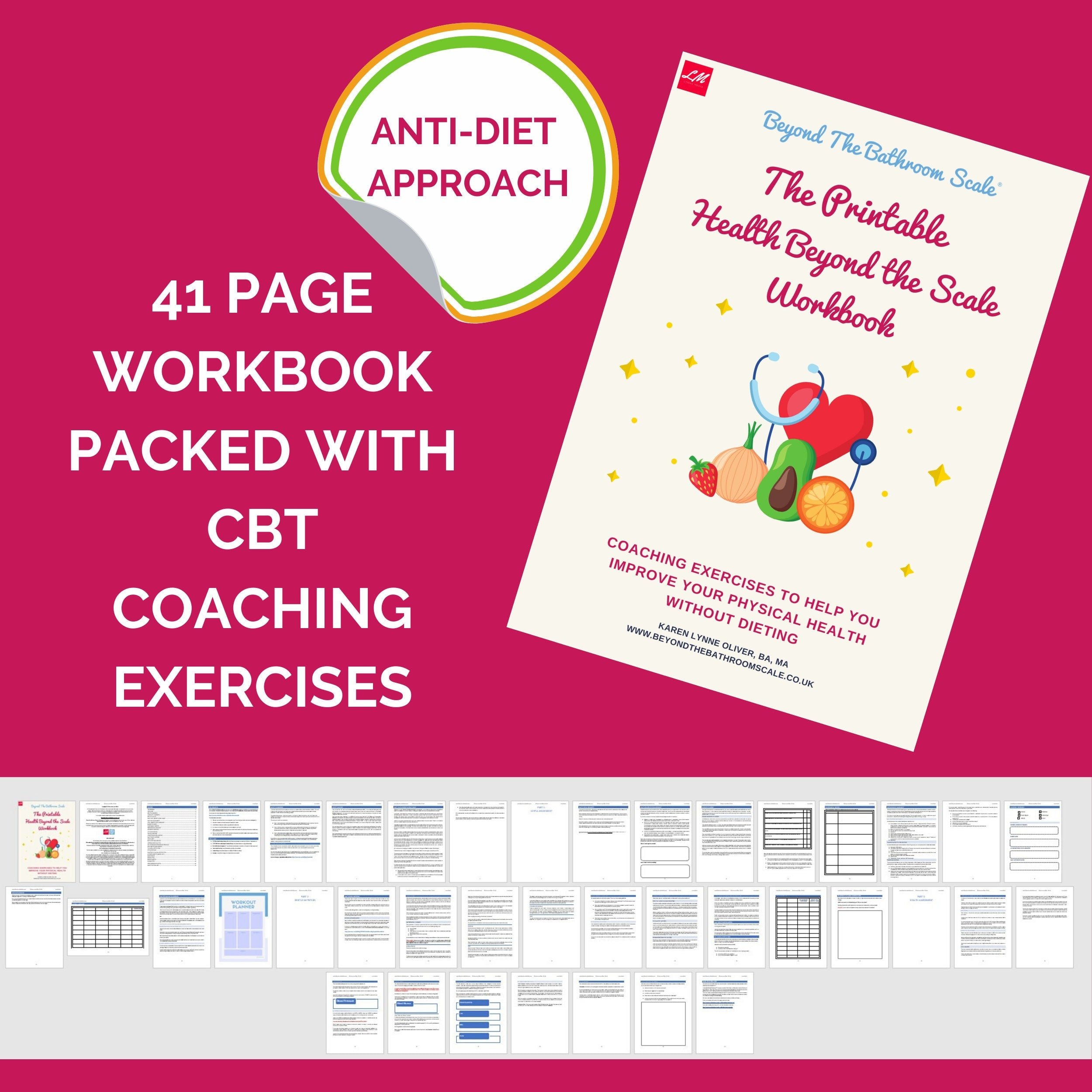Which type of eater are you?
Taking some time to figure out which eating style you fall into can help bring awareness to any patterns of disordered eating you may have, and highlight the particular challenges you need to tackle on your own recovery journey. In their book, Intuitive Eating (2012), Evelyn Tribole and Elyse Resch outline eight different eating styles, split into two groups: conscious eaters and unconscious eaters.
What's the difference between a Conscious Eater Vs Unconscious Eater?
The difference between these two groups is the level of awareness they have about their food intake.
Conscious eaters are well aware of what they’re eating and how much they’re eating - in some cases, they have too much awareness, the point of experiencing anxiety around their food choices.
Unconscious eaters, on the other hand, tend to be distracted or eat ‘mindlessly’, in that they have a reduced sense of awareness of their food intake. They often pay little to no attention to how much they’re eating, how hungry or full they are feeling, or even the taste of the food.
Three types of Conscious Eaters
Tribole and Resch (2012) identified three types of conscious eaters: Intuitive Eaters, Careful (or as I’ll refer to them as ‘clean’), eaters and professional dieters.
1) Intuitive Eater
The Intuitive eater style is the most natural, peaceful and psychologically healthy type of eating style there is. The intuitive eater doesn’t have complicated food rules. They don’t experience guilt or anxiety around food and they don’t track or count calories, macros or anything else. They enjoy their food and listen to their internal cues for hunger and fullness and when they do happen to overeat – say during holidays or weddings, they recognise this as a normal part of life and know that their bodies will adapt to this by making them less hungry at the next meal. They don’t beat themselves up, they just accept and carry on as normal.
2) Careful/Clean Eater
The second type is the Careful or ‘clean’ eater. While this type of eater claims to be focusing on their health and fitness, they are still dieting without realising it, as there’s a part of them that hopes that being healthy will result in weight loss. To be clear, there’s nothing inherently wrong with looking after your health and eating nutritious food.
The issue is when this becomes an obsession and source of judgement. For the clean eater, every mouthful is tracked and analysed and when anything less than healthy is eaten, this is met with feelings of guilt. It’s likely that they actively avoid certain ingredients, foods, or entire food groups – like dairy, carbs, gluten, through choice, rather than out of medical necessity.
With this eating style, there’s the very real danger of developing an eating disorder, such as anorexia and orthorexia. The challenge for the clean eater is to recognise that this is a way of eating is a form of dieting, and then addressing the dieting mentality.
3) The Professional Dieter
The third type of conscious eater is the Professional dieter. The professional dieter is consistently dieting or trying the next new thing. They fluctuate from being on a diet, to ‘falling off the wagon’ and then searching for the next new diet to start, hoping this new diet will be “the one”.
Very much like to clean eater, every mouthful is tracked and analysed. It’s likely that they track calories, points or syns and have a daily goal centred around these and plan meals accordingly. On days where the professional dieter goes over this goal, they then experience feelings of guilt. Much like the clean eater, it’s likely that they actively avoid certain ingredients, foods, or entire food groups – like pasta, sweets, ice cream, or carbs as a whole. And this is through choice relating to their desire to lose weight, rather than out of medical necessity.
A major cause of concern with the professional dieter is the increased risk of binge eating caused by restriction, which can develop into Binge Eating Disorder (BED) or bulimia where there is an attempt to ‘counter’ binging via purging using laxatives, self-induced vomiting or excessive exercising.
The challenge for the professional dieter is to reach a natural point in my anti-diet coaching app) as well as their body image, as “feeling fat” or being unhappy with their body is their trigger point.
Five Types of Unconscious Eaters
1) Distracted Eater
The detracted eater pairs eating with another activity, such as watching TV, eating at the desk as they answer emails, snacking while driving, cooking or shopping. With the distracted eater, there’s very little awareness of how much they’re eating. Instead of listening to their hunger and fullness cues, they may be eating simply because they associated a particular task with food, such as cosying up in front of Netflix at night with a snack. They may feel like they ‘zone out’ of eating, and don’t notice the taste of food, or even when the meal is over.
If you’ve munched your way through a pack of biscuits while watching a film or working, only to discover with surprise that you’ve reached the end of the packet then this style of eating may well apply to you. The obvious issue with this eating style is the risk of eating much more food than your body needs.
2) The Chaotic Eater
The chaotic eater often complains of being too busy to sit down and enjoy a meal. They suffer from an over-scheduled life (or perhaps poor time management) and gulp down food quickly, on the go, whenever it's available. Often they can be so busy throughout the day that they forget to eat at all, and it’s only when they return home from work, that they realise just how ravenous they are. This can lead to binge eating.
3) Refuse-Not Eater
Refuse-not eaters struggle with turning down food when it’s available and will pick at food that’s left out in the open, like at buffets or sweets and biscuits left out in an office. They tend to graze throughout the day regardless of hunger.
4) Waste-Not Eater
I think of this style as the ‘clear your plate’ mentality. The waste-not eaters feel they have to eat everything on their plate, whether its to avoid waste, get their money’s worth or even to avoid offending the person who prepared the food. They may pick at their kid’s leftovers and will particularly struggle with ‘big plate specials’ and similar food offers when eating out. A big portion size might offer great value for money, but this can trigger the waste-not eater to overeat regardless of their fullness cues, simply because they don’t want to leave food.
5) Emotional Eater
The emotional eater eats food for a distraction or as a way of ‘numbing’ difficult emotions. They may eat out of boredom, loneliness, sadness, frustration and even out of guilt or shame felt about their weight and body image. This eating style is unconscious in that the eating takes place regardless of hunger and fullness cues, but the real issue here is that emotional eating isn’t about eating at all: it’s about self-care and the need to recognise, feel and work through difficult emotions in a safe way, instead of trying to ignore or numb them.
Emotional eating is essentially a coping strategy, much like smoking or drinking, the difficulty is that no one can (or should!) cut food out cold turkey, so the coping mechanism will always be available. For recovery, it’s crucial to move beyond the temptation to restrict food or diet in an attempt to ‘curb’ the behaviour, or control weight, as this will actually exacerbate the behaviour further and could lead to binge eating. It’s very common for individuals to report struggling with both binge eating and emotional eating for this very reason. Emotional eating is a very common issue and has an entire module of its own in The Health Mindset Programme.
So how should you eat?
By now, you probably have some idea of which eating style most applies to you. Perhaps it's a mixture of a few styles. You might also be wondering what "normal" (i.e. healthy) eating behaviours look like.
When we’re born, we all start out as intuitive eaters (as described earlier, a type of conscious eater, but one who is free of the dieting mentality, food rules, and dieting tools).
Young toddlers are a brilliant example of how to be an intuitive eater. If you’ve ever eaten with a toddler, you’ll notice how assertive they are when they are feeling full, or don’t want to eat a particular food. If there is no pressure applied to the toddler, they instinctively know how much to eat and will stop when they’ve had enough. If foods aren’t labelled ‘good’ or ‘bad’, then the toddler is much more likely taste a range of different foods, instead of showing a preference for the so-called ‘treat’ foods.
Now I’m not telling you this to launch into a parenting debate on the topic of weaning! I’m telling you this to show you that at one point in your life you too were an intuitive eater:
You knew what you wanted to eat, when and how much.
You stopped when you were full and you didn’t eat because of emotions.
You at simply because you felt hungry and turned it down or left it when you were full.
You see for some of us, Diet culture stepped in at some point in our lives (whether through our parents, family, peers, people in authority positions like lunchtime supervisors, or the media) and told us that we were eating ‘wrong’. They told us that we cant trust our bodies to tell us when we need food, how much or what we need to eat.
Developing body awareness or mindfulness, whereby recognising and addressing feelings of hunger, emotional needs and feelings of fullness are key for recovery. Body acceptance and self-care is needed to meet emotional needs and to prioritise health (unconditional permission to eat, eating when hungry, sleeping/resting when tired, stopping eating when feeling full, exercise because it feels good, not because of burning calories or changing body shape).






